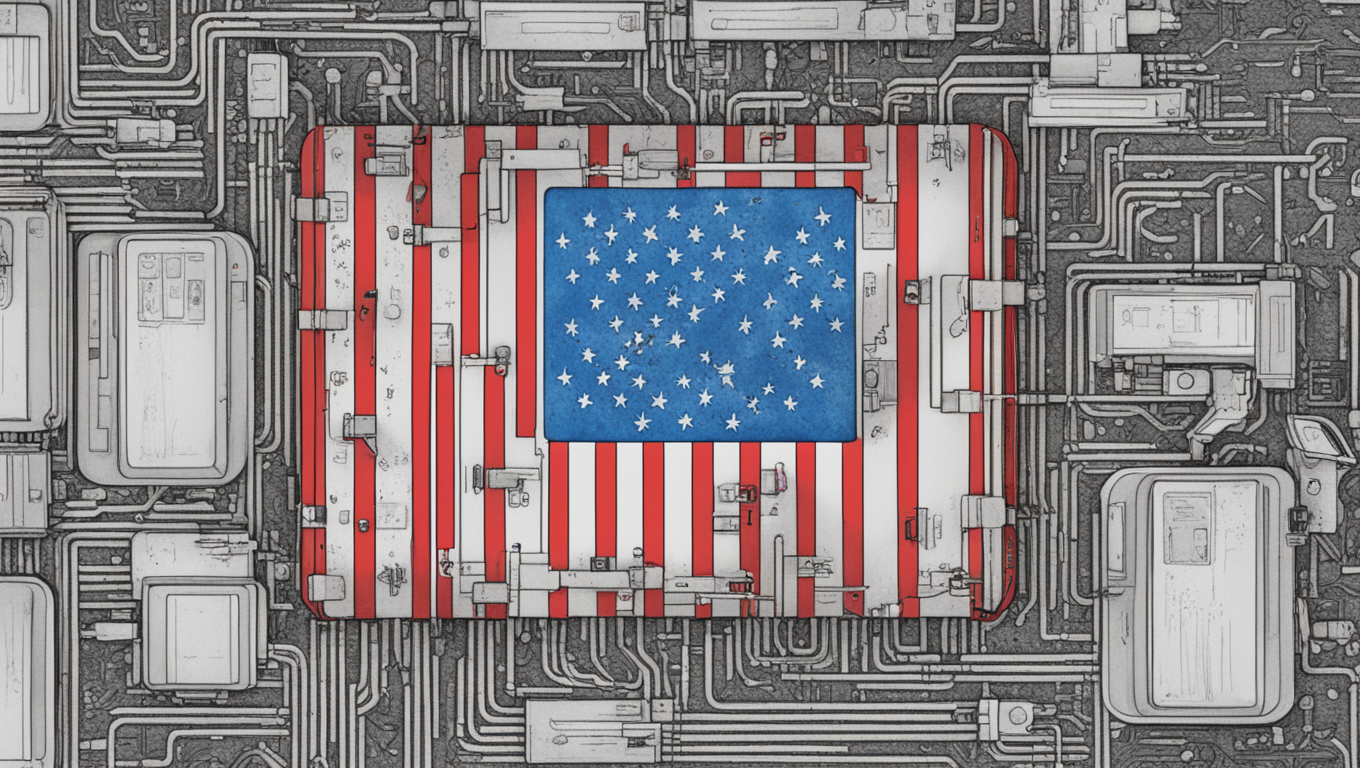Enhancing Funding to Prevent Exports: Commerce Secretary Urges Protection of US AI Microchip Technology from China
In an address at the Reagan National Defense Forum, Commerce Secretary Gina Raimondo emphasized the urgent need for increased funding to prevent the export of sensitive artificial intelligence (AI) microchip technology to China. Raimondo warned that China is actively attempting to evade Washington’s expanded export controls and that the Department of Commerce’s Bureau of Industry and Security (BIS) is severely underfunded.
The BIS, which regulates the export of sensitive technologies from the private industry, has been operating on the same budget it had a decade ago. Raimondo expressed frustration, stating, “I have a $200 million budget. That’s like the cost of two fighter jets. Come on, are we serious? So, fund this operation that needs to be funded, so we can do what we need to do to protect America.”
The topic of the AI race between the United States and China took center stage at the Reagan forum, with discussions revolving around the high stakes involved in AI weaponization by both countries' militaries. Republican Representative Mike Gallagher expressed concern over China’s use of AI to enhance its military capabilities and establish a totalitarian surveillance state. Admiral John Aquilino, Commander of the Pentagon’s Indo-Pacific Command, emphasized the critical role of AI in the United States' defense strategy in East Asia, where tensions with China are escalating.
Aquilino stressed the need for “decision superiority,” the ability to outperform potential adversaries in tactical decision-making, which is already being achieved through the integration of AI into the US military. He also acknowledged that China’s military commanders share the belief in the transformative power of AI. China has identified AI as a key technology it aims to dominate by the middle of the century.
The United States has taken measures to restrict the export of advanced microchips and semiconductors to China, as concerns mount over the theft of designs by Chinese entities. The Biden administration has also sought cooperation with chip-producing allies such as the Netherlands, Germany, South Korea, Japan, and Taiwan to limit China’s progress in AI development.
The BIS plays a crucial role in enforcing these export controls. Despite budgetary constraints, Raimondo highlighted the bureau’s proactive approach to export controls, stating that last year marked the first time that an entire country, China, was denied access to a suite of semiconductors. She reiterated the need for serious enforcement and tighter controls, both independently and in collaboration with allies, to counter China’s attempts to circumvent export restrictions.
However, finding a balance is challenging. Raimondo acknowledged that excessive export restrictions could result in revenue shortfalls for the US tech sector and hinder the advancement of AI technologies. The dependence on exports raises questions about the effectiveness of restrictions against Chinese acquisition of technology from other countries. Raimondo stressed the importance of reciprocation in trade and called for open diplomatic and economic communication between the US and China to avoid escalations and tensions.
While the US and Chinese economies are intertwined across various sectors, Raimondo emphasized the need to remain vigilant on matters of national security. She stated, “On matters of national security, you’ve got to be eyes wide open about the threat. This is the biggest threat we’ve ever had and we need to meet the moment.”
In conclusion, the urgency to protect US AI microchip technology from China highlights the need for increased funding and stricter export controls. The race for AI dominance between the US and China carries significant implications for national security and military capabilities. Finding the right balance between export restrictions and innovation is critical, as the US aims to leverage its AI capabilities while preventing China’s access to cutting-edge technology. With diplomatic and economic communication, the US and China must navigate this complex landscape to ensure their respective interests are safeguarded.





Use the share button below if you liked it.